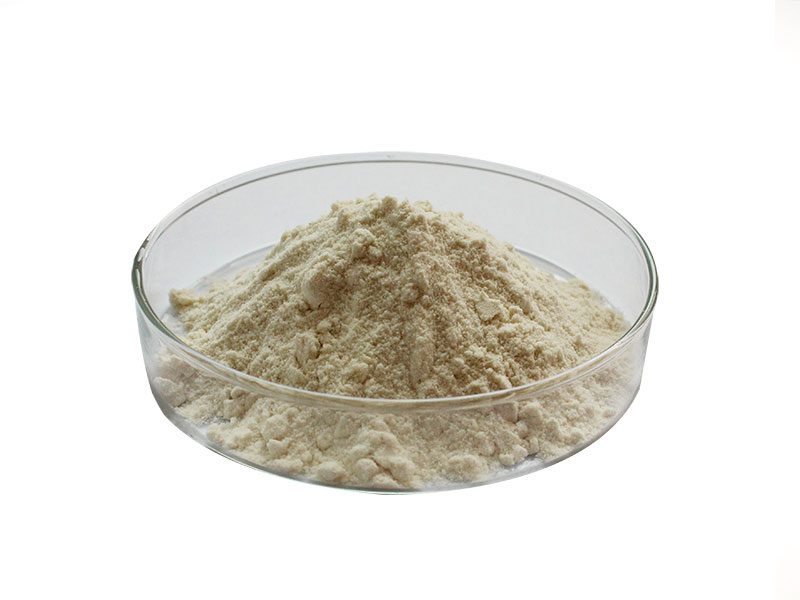Table of Contents
What is organic black pepper extract powder?
Organic Black Pepper Extract Powder is derived from the dried berries of Piper nigrum, sourced from certified organic farms. Standardized to 95% piperine, this potent extract enhances the bioavailability of nutrients (e.g., curcumin, vitamins) while offering antioxidant and anti-inflammatory benefits. Ideal for nutraceuticals, functional foods, and natural supplements.
Key Highlights
- High Piperine Content: 95% bioactive piperine (HPLC-verified) for maximum nutrient absorption and metabolic support.
- Synergistic Formulations: Enhances the efficacy of turmeric, resveratrol, and fat-soluble vitamins (A, D, E, K).
- Clean & Certified: USDA Organic, EU Organic, non-GMO, gluten-free, and vegan.
Specifications
| Parameter | Details |
|---|---|
| Source | Organic Piper nigrum berries |
| Active Compound | ≥95% piperine |
| Appearance | Fine off-white to light-yellow powder |
| Solubility | Soluble in ethanol, partially soluble in water |
| Particle Size | 80-100 mesh |
| Shelf Life | 24 months (stored in cool, dry place) |
Key Features & Benefits
- Bioavailability Booster:
- Increases absorption of curcumin by up to 2000% in combined formulations.
- Enhances uptake of antioxidants, minerals, and phytonutrients.
- Anti-Inflammatory & Antioxidant:
- Reduces oxidative stress and supports joint and digestive health.
- Metabolic Support:
- Stimulates digestive enzymes and thermogenesis for healthy metabolism.
- Versatile Applications:
- Nutraceuticals: Capsules, tablets, or gummies combining piperine with turmeric/curcumin.
- Functional Foods: Add to golden milk, soups, or protein blends.
- Cosmeceuticals: Anti-aging serums or creams for improved skin permeability.
Applications
Culinary Use: Add to spice blends or health-focused beverages.
Dietary Supplements: Pair with curcumin, CoQ10, or multivitamins for enhanced efficacy.
Sports Nutrition: Improve absorption of BCAAs, creatine, and omega-3s.
Pharmaceuticals: Excipient for drug formulations requiring enhanced bioavailability.
Certifications & Quality Assurance
Allergen-Free: No gluten, soy, dairy, or artificial additives.
Organic Certifications: USDA, EU 834/2007, JAS.
Non-GMO: Verified by the Non-GMO Project.
Purity: Heavy metals (Pb <0.1ppm, As <0.05ppm), microbial limits compliant with USP.
Why Choose Us?
- Science-Backed: HPLC-tested piperine with guaranteed potency.
- Custom Solutions: Bulk quantities, private labeling, or pre-mixed blends (e.g., turmeric + piperine).
- Sustainability: Ethically wild-harvested and minimally processed.
FAQs
Q: How does piperine enhance nutrient absorption?
A: Piperine inhibits intestinal enzymes (e.g., UDP-glucuronosyltransferase) and increases intestinal membrane permeability.
Q: Is this extract safe for children?
A: Yes, but consult a pediatrician for dosage. Generally Recognized As Safe (GRAS) at ≤15mg piperine/day.
Q: Can it replace synthetic preservatives like sodium benzoate?
A: Yes! Use 0.1-0.5% in formulations to inhibit mold and bacteria.
Q: Does heat processing degrade piperine?
A: No—our microencapsulated powder retains >90% potency after 30min at 160°C.
Q: Is it compatible with ketogenic diets?
A: Absolutely. Zero carbs, sugars, or allergens.
Packing

